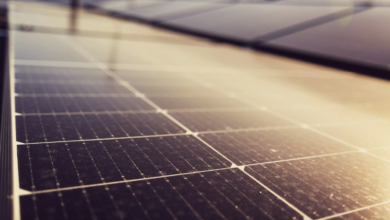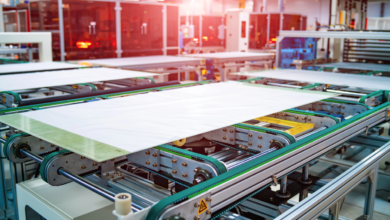
The trajectory of global LNG demand is incompatible with 1.5°C
(sustainabilityenvironment.com) – By 2040, global LNG demand will grow by 50%, driven mainly by Asian markets. And it will peak during that decade. A growth, dictated by China and other economies of the continent, will compensate for the reductions planned for Europe and North America. This is stated by the LNG Outlook 2024 of Shell published yesterday.
A curve, the one predicted by the major, incompatible with meeting the 2030 targets to keep global warming below 1.5 degrees. According to the International Energy Agency, with current policies the global demand for coal, oil and gas will reach its peak by 2030 and then fall, but this trajectory is far from the one necessary to meet the more ambitious objective of the Paris Agreement
How will global LNG demand change at 2040?
The global LNG demand is forecast to rise to 625-685 million tonnes a year in 2040. Today the volumes of liquid natural gas are around 400 mln t. The new Outlook corrects the numbers downwards: last year the peak was expected at 700 mln t. Although it recognizes the growth of the importance of LNG due mainly to the war in Ukraine, which will continue to be felt in the long term.
But the dominant factor for the expected trend is China. Beijing overtook Japan last year and is now the world’s largest importer of liquefied natural gas. Its import volumes will continue to grow to accompany the progressive decoupling of the Chinese economy from coal.
Growing volumes, those of the global LNG market, which will keep him “nervous“. “Although things are relatively balanced and seem relatively comfortable today, the market is still quite fragile. We have a structurally narrow market that has been balanced by the weakness of the short-term market so we see that fragility and volatility continue,” Steve Hill, executive vice-president of Shell.





